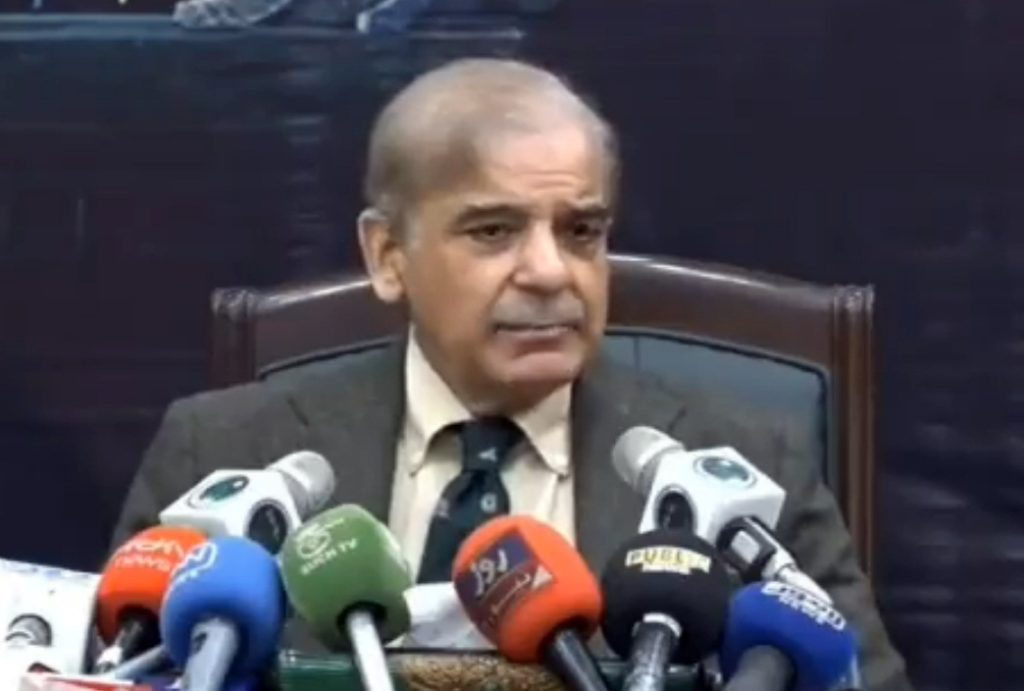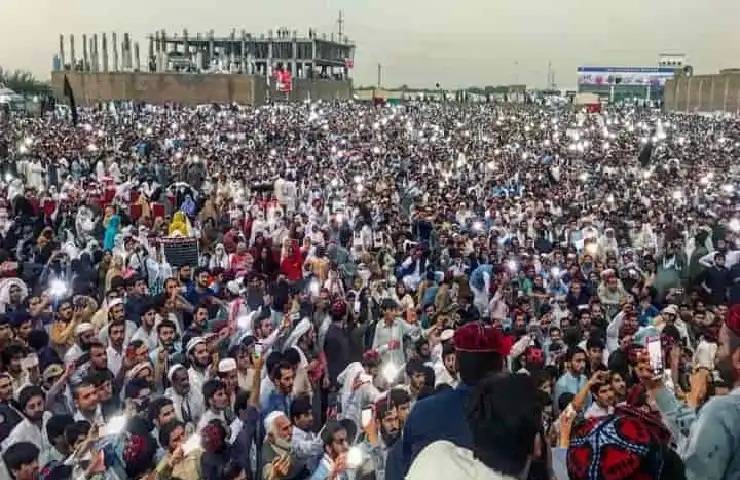The increased frequency of brain drain from Pakistan has had serious negative impact on the country’s socio-economic situation. Brain drain has seen a sharp increase in Pakistan as skilled and educated professionals are leaving the country for better opportunities for work and living standards … A special report by Dr Sakariya Kareem
Political instability, economic crisis, unemployment, crumbling health infrastructure, corruption, and religious extremism are leading the brain drain from Pakistan to multiply at an exceptional rate. In 2021, 225,000 Pakistanis left the country, which surged by 340 per cent in the following year, to 765,000 in 2022. Making things much worse, Pakistan has witnessed the brain drain of 832,000 in the very first half of 2023.
The increased frequency of brain drain from Pakistan has had a serious negative impact on the country’s socio-economic situation. Brain drain has seen a sharp increase in Pakistan as skilled and educated professionals are leaving the country for better opportunities for work and living standards. Software engineer Nouman Shah left Pakistan for a better-earning job in Saudi Arabia due to rising living costs. “My low earnings were inadequate to run a household there, while a job prospect in Riyadh was too good to pass up,” he said.
Over 60 per cent of the population in Pakistan falls under the age bracket of 15-29 years, and the situation is likely to be the same until 2050, according to United Nations Development Programme (UNDP). Moreover, Pakistan’s median age is 20.2 against the global value of 30.3. Yet, Pakistan is failing to exploit these benefits. The brain drain led to a significant decrease in intellectual resources in Pakistan.

Over 2.5 million people left Pakistan in past five years. In 2023, the highly-educated and highly-trained Pakistanis found employment abroad including 11,000 accountants, 11,000 engineers, 4,000 doctors, 34,000 technicians, 37,500 managers, 4,000 nurses, and 1,560 teachers, among others. Karachi-based gynaecologist Afsheen Akbar said “It is painful to see some of our best doctors move to the US, but can we blame them? The conditions at public hospitals are often dire, and the health workers get paid so little.”
The economic slowdown in Pakistan has set off massive unemployment, a key reason for the brain drain. The power crisis, delays in Chinese-funded projects, declining exports, and corruption in the bureaucracy have added to the problem. Lahore-based filmmaker Hassan Zaidi, who documented migrants’ issues, blamed the deteriorating political and economic situation. “It [stability] is directly proportional to legal and illegal [migrations], both of which are [currently] overloaded,” he said.
Pakistan’s political instability, which heightened after the dismissal of former prime minister Imran Khan, has exacerbated Pakistan’s economic misery. Sergi Lanau, director at Oxford Economics, said “It makes things quite complicated. This is very bad news [in] a situation that was already very hard.”
Inflation in Pakistan rose to 38 per cent in May 2023, which was the highest in the past six decades. “Hundreds of thousands of young men, including highly educated people, who are worried about inflation, unemployment and uncertain economic and political situation, are going abroad every year in search of employment,” said an official from the Pakistan Bureau of Emigrants.
Religious extremism and terrorism also are responsible for Pakistani youth to feel disenchanted and discouraged. According to a survey conducted by the Pakistan Institute of Development Economics (PIDE), 37 per cent of Pakistani want to leave the country and settle abroad if they could. The Pakistan-administered Kashmir tops the list with 44 per cent expressing their will to leave the country.
Over 11 million Pakistanis had left the country legally to settle in 50 different countries, as per the International Labour Organisation (ILO). Millions of Pakistanis have resorted to illegal ways to reach Western countries for a better standard of life. Over 100 Pakistani were killed recently in a boat accident when they were trying to enter Greece illegally.
Arsalan Bilal, researcher at Norway-based Centre for Peace Studies, said religious extremism has shrunken freedom and the space for critical thinking in Pakistan. “Thinking minds cannot survive and thrive in such an environment. Why would someone with a liberal and critical mindset want to stay in such a country, provided there is no possibility for change in sight?” he said.
Researchers assert that human capital is crucial for sustainable social and economic growth, and thus, brain drain leads to human capital shrinkage and fiscal losses, and induces occupational distortions.[16][17] The sudden departure of educated and skilled professionals poses threats to the socio-economic development of Pakistan. Najy Benhassine, the World Bank’s Country Director for Pakistan, said “Pakistan’s human capital challenges are among the most serious in the world—it is a human capital crisis that is profound, silent and with far-reaching negative effects on the potential of the country and its people.”

